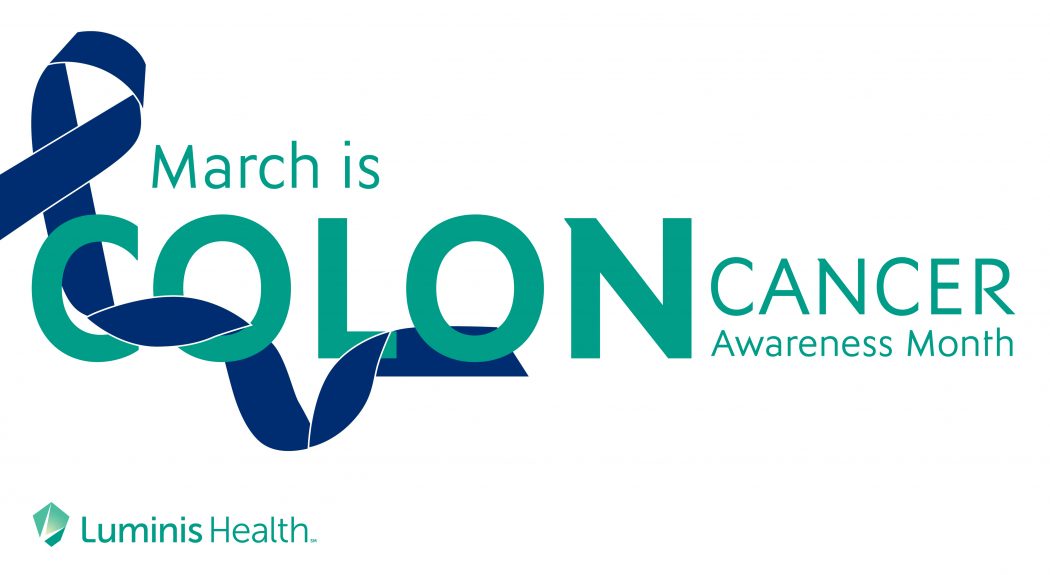If you are under 50, getting screened for colorectal cancer should be a top priority. It’s a topic many don’t want to discuss, but you should. Even as overall cancer deaths continue to fall in the United States, the American Cancer Society reports that colon and rectal cancers have become leading causes of cancer death for men and women under 50. African Americans face a heightened risk as they are disproportionately more likely to develop and die from the disease.
With March being Colorectal Cancer Awareness Month, it’s a good time to raise awareness about the disease and promote early detection to save lives. This is such a life and death issue that Luminis Health Doctors Community Medical Center in Lanham and Luminis Health Anne Arundel Medical Center in Annapolis are lit up in blue each night throughout the month.
The rise in colorectal cancer in younger adults is alarming, and while the exact reasons remain unclear, it underscores the importance of understanding and addressing the risk factors. There are identifiable risk factors that you can modify to reduce the likelihood of developing colorectal cancer:
- Body weight
- Physical activity
- Diet (eat more fiber and less fatty and processed foods)
- Smoking
- Alcohol use
The best way to treat colorectal cancer is to catch it early. There is a 91 percent survival rate after five years if detected in its earliest stages. Guidelines now recommend that adults of average risk start screening at age 45. If you have a family history or additional risk factors, talk with your physician about getting screened sooner.
Routine screening is important because it can help doctors detect and diagnose colorectal cancer before you notice any symptoms, and doctors can find and remove pre-cancerous polyps before they develop into cancer. There are several types of screening in use today:
- Fecal occult blood test checks a stool sample for traces of blood that could indicate polyps, cancer or other conditions
- Sigmoidoscopy uses a thin, tube-like instrument with a light and a lens to look inside the rectum and lower colon for polyps, abnormal areas or cancer
- Colonoscopy uses a small camera to allow doctors to look inside the rectum and colon for polyps, abnormal areas or cancer
- Virtual colonoscopy uses a series of X-rays to take a series of images of a patient’s colon
- DNA stool test checks for changes in the DNA in stool samples that could indicate disease.
Improving access to screening and treatment in Prince George’s County
Luminis Health Doctors Community Medical Center is proud to partner with Maryland’s Cancer, Prevention, Education, Screening, and Treatment (CPEST) program, which allocates funding to, among other things, make screenings available to Prince George’s County residents who lack insurance coverage.
Over the past 18 months, the $850,000 grant has funded colonoscopies for 540 people ages 45 to 75 — averaging about 8% more people than its yearly target — and, of those, identified and treated five cases of colorectal cancer.
If you are an uninsured or underinsured Prince George’s County resident who is 45 or older, you may qualify for a no cost colonoscopy through the CPEST Program. Please contact your physician for a referral. You can also call 301-552-7915 for further information.
What it all means
The earlier colorectal cancer is detected, the easier it is to treat and the more successful the outcome. Talk to your doctor about your risk factors, when you should be screened and the best screening method for you. The more proactive you are, the better.
 Steven Fleisher, MD, is a board-certified gastroenterologist at Luminis Health with more than 20 years of experience
Steven Fleisher, MD, is a board-certified gastroenterologist at Luminis Health with more than 20 years of experience




